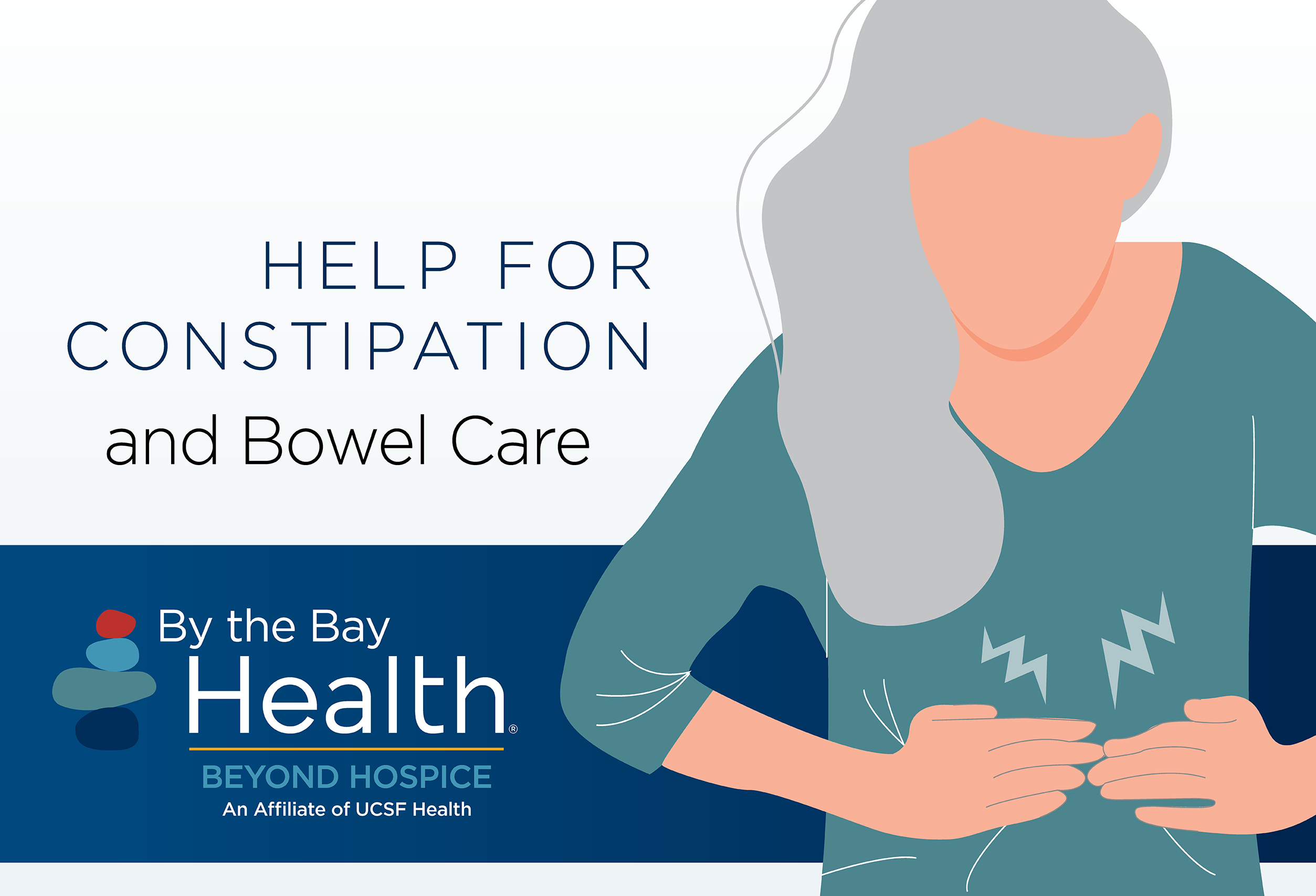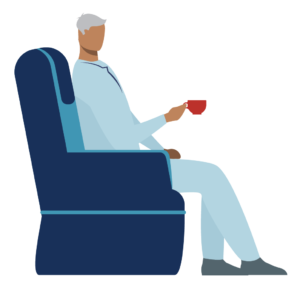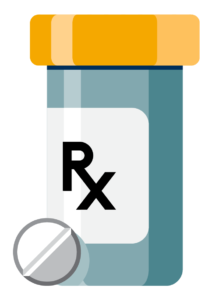
UNDERSTANDING COMMON SYMPTOMS
Bowel movements at the end of life can be difficult.
People become constipated because they eat, drink and move less. Medicines can also affect the bowels, leading to constipation or diarrhea. Your team will ask about bowel movements at every visit. Please be honest, even if talking about it feels embarrassing.
Constipation is when stool is hard and dry, and it’s difficult to move the bowels.
Diarrhea is when stool is watery, and movements happen too often.
 Caring for the Bowels Without Medicine
Caring for the Bowels Without Medicine
- Sit upright, with back straight, on the toilet, commode or bedpan.
- Drink as many fluids as possible; warm liquids can help.
- Eat more fruit or drink fruit juice, especially from prunes.
 Caring for the Bowels With Medicine
Caring for the Bowels With Medicine
For comfort, people commonly take Senna, Bisacodyl, Milk of Magnesia and/or other medicines.
- Always follow instructions about how to take bowel medicines, and talk with your nurse before making any changes.
- Senna may take 2-3 days to work.
- These medicines need to be taken daily, even if things are going well.
- Some people avoid pain medicine, like opiates, because they worry about constipation. We can help with both symptoms, so talk with us about any concerns.

Let your care team know if these issues arise: 
- No bowel movement in two days
- Change in bowel movement frequency or comfort
- Pain, cramping or tenderness
- Feeling of fullness or bloating
- Blood or mucus in the stool

